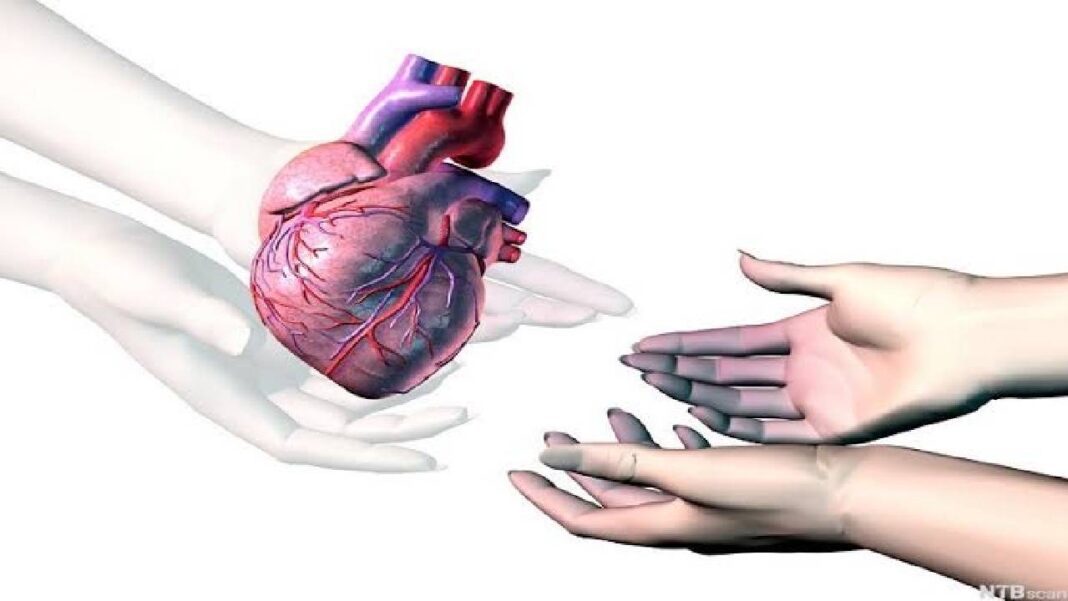Organ transplantation is often mentioned to be the “most noble act one performs in death”. As true as this may be, the societal acceptance for becoming an organ donor is still not widespread. There is no denying that modern medical techniques have advanced the science of organ transplantation to a high degree of success, leading to the saving of several thousand lives and brought renewed hope to patients with end-stage organ failure.
Despite these advances, organ donation rates in India are very low even as the requirement for donor organs is high. India has a long list of candidates requiring organs, in all transplantable organ categories. Data from the Indian Network for Organ Sharing (INOS), shows that there are approximately 500,000 people awaiting organ transplants, but only about 5,000 organ transplants get performed annually. This stark disparity results in a prolonged wait for donor organs, that in many cases, leads to fatal outcomes.
Dr. Vikram Vora, Medical Director, Indian Sub-Continent, International SOS shares, “This can be attributed to the several misconceptions that surround organ donation. As a medical practitioner, I believe it is crucial to address the myths and misunderstandings and clear the air around the pledging of organs for donation.”
In this article, let’s have a look at some India-specific scenarios and address the common reasons that discourage organ pledging among individuals and families.
One of the most prevalent misconceptions in India is that organ donation goes against religious beliefs. In reality, all major religions encourage the saving of lives, and thus, interpretations should be viewed in this context. Spiritual leaders and religious authorities have spoken in various fora on the utility of organ donation, reinforcing the compatibility of this humanitarian act with various faiths.
Some people fear that organ donation might lead to the disfigurement of mortal remains and would require funeral rituals that would prevent them from being visible to those who would like to pay their last respects to the deceased. Modern surgical techniques have evolved enough to ensure that the donor’s body is treated with utmost respect and care during the organ extraction process. After harvesting the organ, the body is carefully reconstructed for viewing, allowing families to carry out traditional funeral ceremonies.
“Some believe that doctors may prioritize saving the lives of non-donors if they are aware of a person’s donor status. As a medical professional, I can vouch for the fact that this notion is entirely false. Medical professionals are bound by an ethical code of conduct that requires them to treat all patients equally and impartially, regardless of their organ donor status. Organ donation is only considered after every effort to save the patient’s life has been unsuccessful. Another common misconception is that socially privileged and wealthy individuals get preference for receiving donor organs. This is untrue and organ allocation is made based on factors like medical urgency, compatibility of tissues, and the waiting period that the intended recipient has spent on the waiting list. This ensures fairness and equitable distribution. The Transplantation of Human Organs and Tissues Act of 1994 governs organ allocation in India and emphasizes the principle of equal access for all eligible patients,” shares Dr. Vora.
Many people worry that becoming an organ donor involves bearing the cost of the donation process. In fact, organ donation in India is done at no cost to the donor’s family. The recipient’s medical expenses are typically covered by health insurance, government programs, or NGOs and charitable organizations.
Organ donation is indeed a powerful act of compassion that transforms lives and creates a positive impact. Breaking myths and misconceptions surrounding organ donation is essential to foster organ donation as a practice that individuals adopt. This will help bridge the gap between organ demand and supply. Creating awareness and acceptance within individuals, families, companies and communities can be a game changer. Even if each individual could influence one other person to pledge their organs, the cascading effect can lead to a healthier society within a relatively short time.




